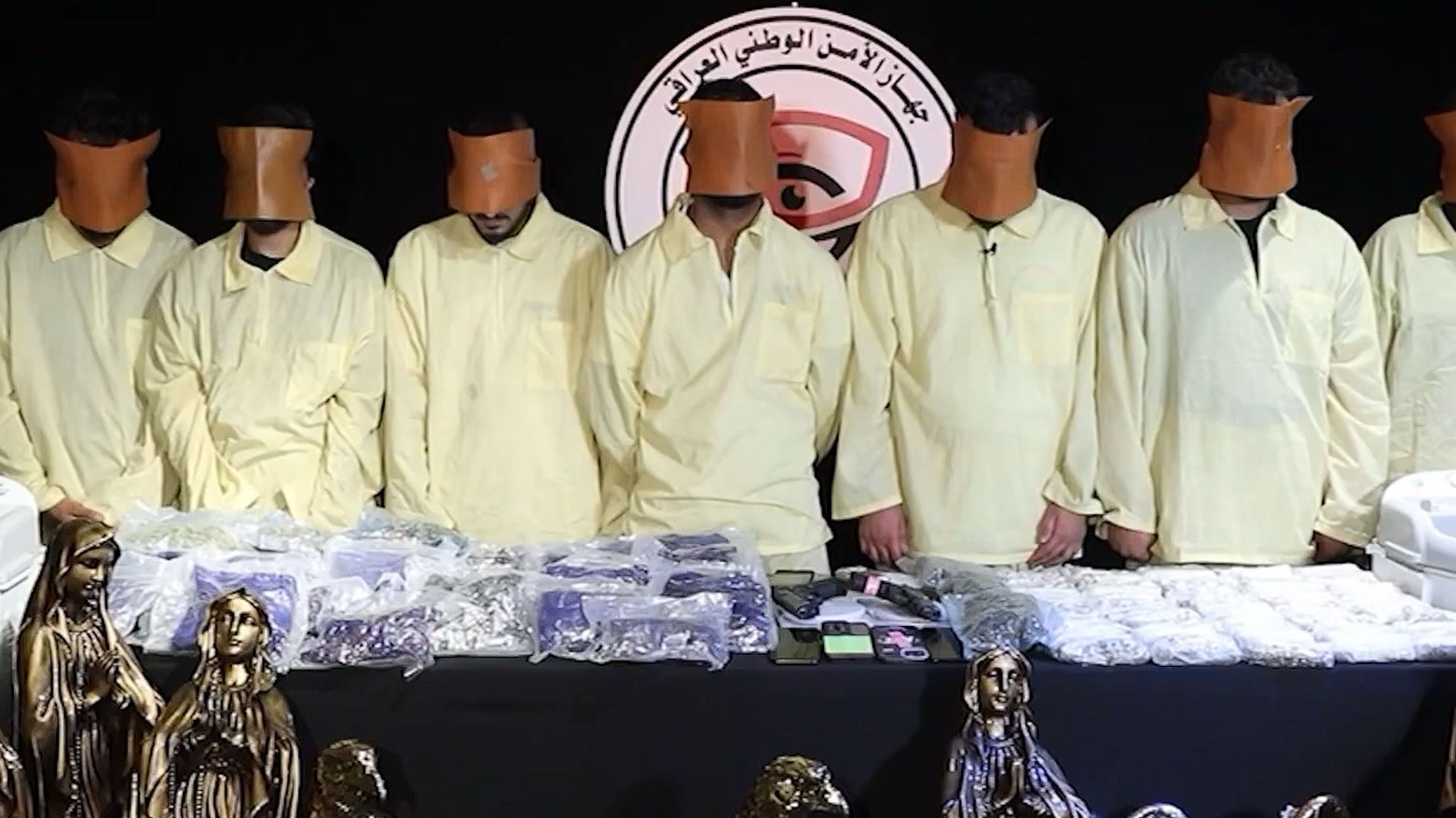Drug Addiction Surges in Iraq as Youth Face Alarming Threat
Iraq faces a surging drug addiction crisis, with crystal meth use rising rapidly among youth. Specialists warn rehabilitation capacity is insufficient and imprisonment often turns users into dealers.

ERBIL (Kurdistan24) – Drug addiction is spreading across Iraqi society at a worrying pace, with specialists describing it as “a fire devouring young people faster than wood burns.” The crisis has expanded beyond traditional narcotics, as some medical drugs sold in pharmacies have become a dangerous substitute for young users seeking quick highs, adding layers of complexity to an already dire public health challenge.
Despite continuous efforts by rehabilitation and mental-health centers, staff members say the number of cases far exceeds available capacity. Meanwhile, the door remains wide open for more young people falling daily into the trap of addiction.
Anwar Heiran, head nurse at a rehabilitation and addiction treatment center, told Kurdistan24:
“Most of the cases we receive involve crystal meth, often used through smoking. Symptoms differ depending on the dosage—some consume one gram a day, while others go as high as seven grams. The treatment process is entirely different; handling someone who uses one gram is much easier than treating someone consuming seven.”
Specialists point to the easy accessibility of these substances, coupled with weak household and social oversight, as major factors driving rising addiction rates—particularly among the youth.
The danger does not stop at bodily harm. According to field workers, the way authorities handle detainees can sometimes worsen the crisis. Many argue that imprisoning addicts alongside major drug traffickers transforms them from consumers into potential future dealers.
Civil activist Ali Al-Habib told Kurdistan24:
“The mechanism for dealing with addicts is still ineffective. Many who are arrested end up jailed next to drug traffickers, and that’s the most dangerous part. Some enter prison as simple addicts and leave it as dealers or promoters. Despite the presence of government-supported rehab centers, they are far from sufficient compared to the growing number of addicts.”
The real challenge remains the surge in consumption. Observers say addiction is spreading faster than the state’s ability to contain it, hindered by limited preventive programs and insufficient treatment capacity.
Between cracking down on traffickers on one hand, and the rising number of users on the other, Iraqi society finds itself locked in one of its toughest battles—a battle against a substance that leaves behind exhausted youth, fractured families, and a future in jeopardy.
The pressing question remains: Can law enforcement alone confront a crisis that demands a comprehensive national system for prevention, treatment, and rehabilitation?